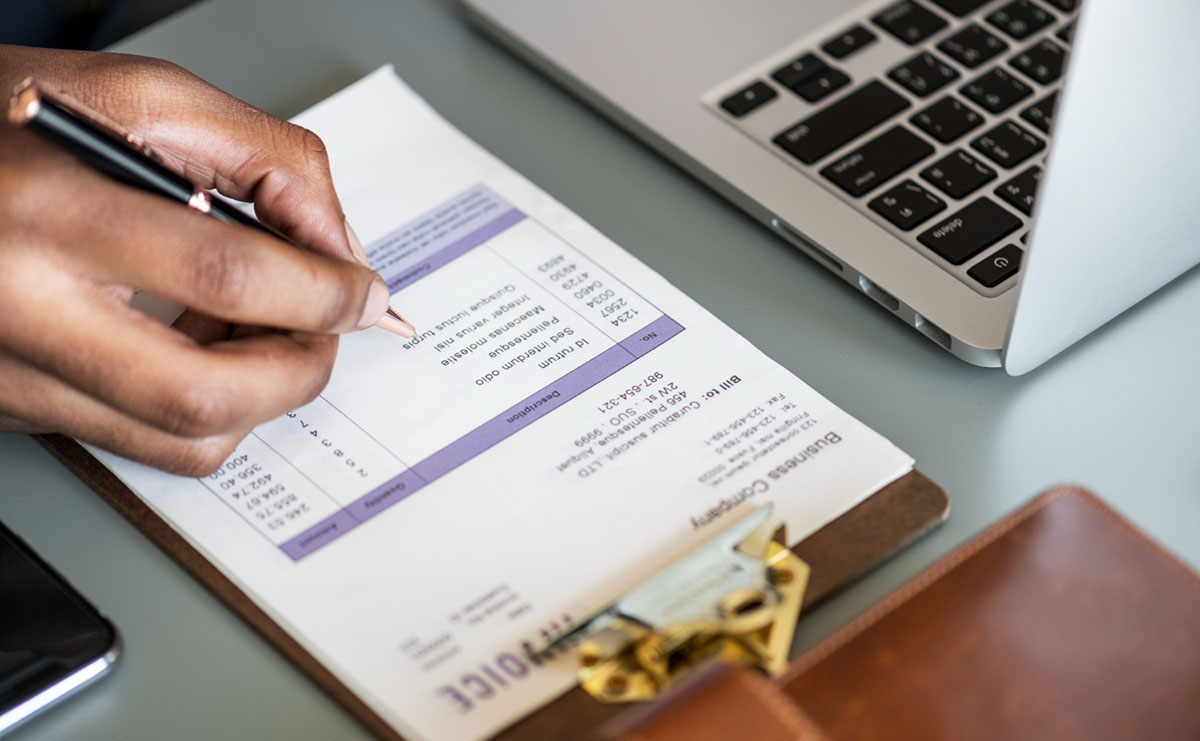Recess
During a trial or hearing, a recess in court proceedings refers to a temporary break or pause. This break can be scheduled or unscheduled and courts may take recesses for various reasons.
Common Reasons for Recesses in Court
- Breaks for Participants: Recesses provide an opportunity for the judge, lawyers, witnesses, and jurors to take a break, gather their thoughts, or attend to personal matters. Breaks help ensure that everyone involved remains focused and alert during the mentally and physically demanding trials.
- Legal Conferences: Attorneys may need time to confer with their clients, co-counsel, or legal teams to discuss strategy, review evidence, or address unexpected developments.
- Evidence Review: Judges may need recess time to review legal arguments, motions, or evidence presented during the proceedings. This allows them to make informed decisions on matters raised by the parties.
- Technical Issues: Recesses may be called to address technical issues in the courtroom, such as problems with audiovisual equipment, transcription services, or other technology used in the proceedings.
- Settlement Discussions: Attorneys may use recesses to engage in settlement discussions, especially during civil trials. Parties may negotiate and try to reach an agreement to resolve the case without continuing with the trial.
- Juror Comfort: Courts may schedule recesses to accommodate the needs of jurors, such as allowing them to take breaks, have meals, or attend to personal matters.
- Emergency Situations: In some cases, recesses may be prompted by emergency situations, such as a medical issue involving a participant, security concerns, or other unforeseen circumstances.



